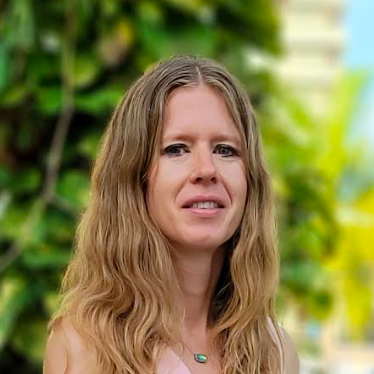
Tropical rainforests, or “Jewels of the Earth," overflow with abundance and wealth. They’re home to a staggering array of biodiversity, housing over half of our plant and animal species although they cover just a fraction of the Earth’s surface. Rainforests also store billions of tons of carbon, buffer against flooding and help prevent erosion. A quarter of natural medicines have been discovered in tropical rainforests. In fact, it’s estimated that the benefit of the Amazon rainforest, if left standing, is over $8.2 billion per year. This value stems from products such as Brazil nuts, provision of raw materials like rubber and timber, carbon dioxide sequestration, and local climate regulation.
The Amazon is the world's largest rainforest, stretching across northern South America like a green sheath. Brazil is home to nearly two-thirds of this lush ecosystem, containing the greatest extent of tropical rainforest in the world. Unfortunately, there’s trouble in this corner of paradise. The amount of Amazon rainforest cleared has been rising over the last decade, and from 2020 to 2021, an area nearly the size of Connecticut was cut down.
Ironically, over the last decade, the number of infraction notices for deforestation has declined. Brazil suffers from a multitude of environmental problems, in part fueled by its own government. In 2018, Jair Bolsonaro was elected as Brazil's president, campaigning to open the Amazon rainforest to agriculture and mining. Since that time, he’s chipped away at environmental regulations and weakened government environmental agencies battling illegal mining and logging.
It wasn’t always like this. Deforestation rates fell between 2004 and 2012, as thousands of citations were written each year in Brazil. However, a backlog of cases languished for years in the courts, and only 10 percent to 15 percent of fines were ever paid. Today the federal and state agencies tasked with preventing deforestation are understaffed and under-resourced, at times even lacking cars to patrol areas. And they can face violent retaliation from loggers and ranchers, even fatal ones. Cases that make it to the criminal justice system spend years in court, rarely sending offenders to prison.
These problems aren’t confined to the steamy forests of Brazil, though. The Amazon’s destruction has ramifications across the globe. When rainforests are cleared, rainfall drops, which can make areas more vulnerable to drought and fires. On top of that, there’s increasing evidence that the Amazon’s destruction impacts rainfall in distant regions, perhaps as far away as the U.S. Midwest. Deforestation can also increase the spread of tropical diseases or spur the outbreak of new ones. Finally, clearing tropical rainforests releases billions of tons of carbon dioxide into the atmosphere. Sadly, it’s now estimated that the Amazon rainforest releases more carbon dioxide than it absorbs, as a result of heatwaves, fires set to clear land and droughts fueled by the loss of rain-producing trees.
There’s a desire for change. International corporations and investors have been putting pressure on companies operating in the Amazon to help end the destruction. In 2019, over 200 investors recommended businesses implement a no-deforestation policy with measurable commitments. This includes establishing a monitoring system, assessing risks their supply chains pose to rainforests, and reporting annually on deforestation risks and management.
Third-party sustainability certifications also help ensure companies uphold their commitments, confirming the mitigation of deforestation in natural forests for the biofuel, forestry, food and agricultural industries. Some programs also assure products sourced from tropical forests are environmentally, socially and economically sustainable.
While daunting, some businesses including Asia Pulp and Paper and Wilmar say they have taken the plunge and committed to zero natural forest destruction policies. Other companies, like Nestle, Mars and Kellogg, have committed to using palm oil that is deforestation-free. While far from foolproof, these pledges are steps in the right direction.
Committing to rainforest protection is also good business. Products that contribute to deforestation can be difficult to sell to retailers that have strong environmental, social and governance (ESG) policies in place. In addition, S&P 500 companies that are actively managing and planning for climate change outperform those that don’t, getting an 18 percent higher return on their investments, 50 percent lower volatility of earnings over the past decade, and 21 percent stronger dividends.
Finally, the public has a strong interest in companies that take environmental sustainability and corporate social responsibility seriously. Surveys show the majority of people in major markets around the world expect companies to take action against climate change, and many say they would be more likely to purchase a product if the company advocated for an issue they cared about.
In a few short years, the Brazilian Amazon has transformed from a conservation success story to a cautionary tale. But it’s not too late to reclaim this treasure, and businesses should play a crucial role in protecting the wealth of the world’s greatest tropical rainforest.
Image credit: Kiyoshi/Unsplash

Ruscena Wiederholt is a science writer based in South Florida with a background in biology and ecology. She regularly writes pieces on climate change, sustainability and the environment. When not glued to her laptop, she likes traveling, dancing and doing anything outdoors.














